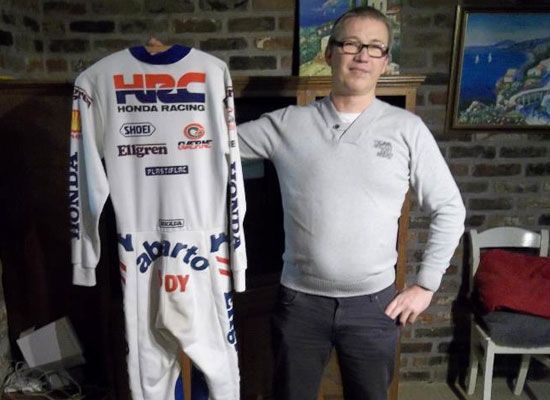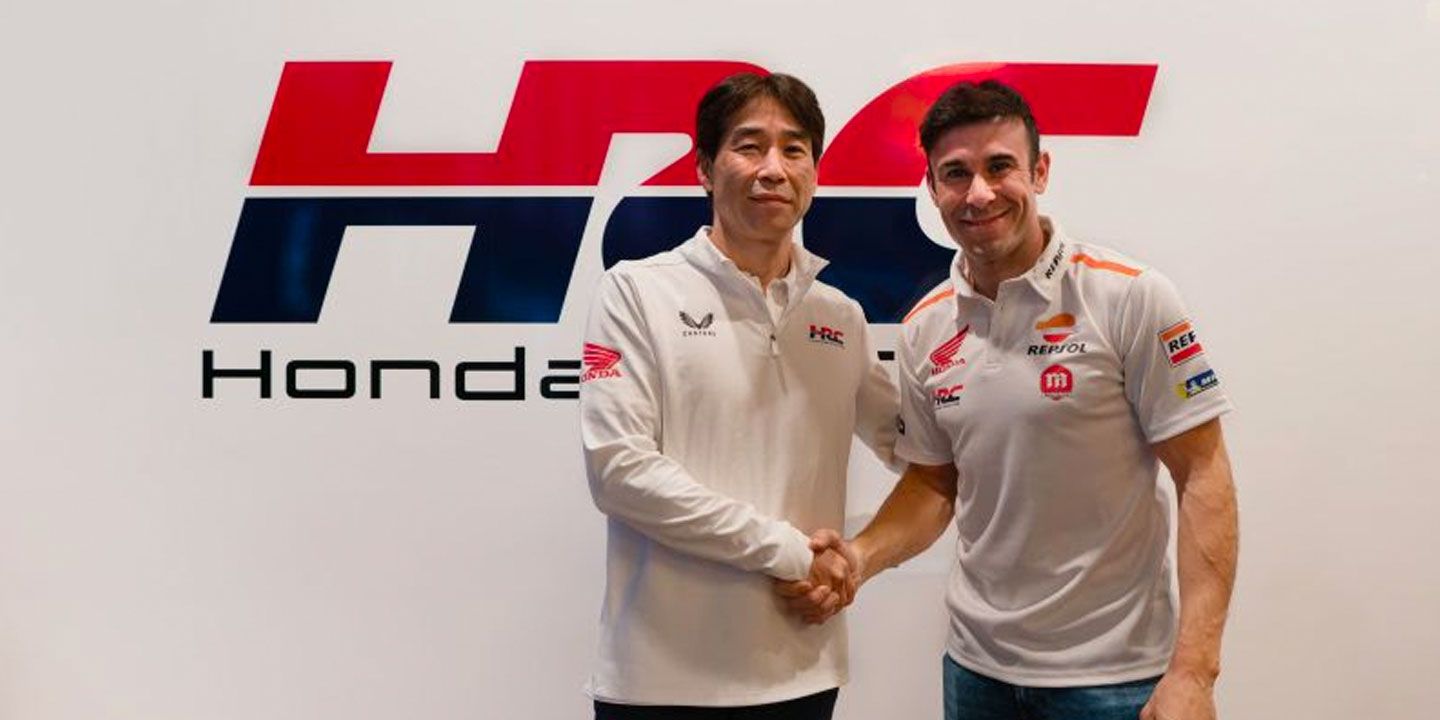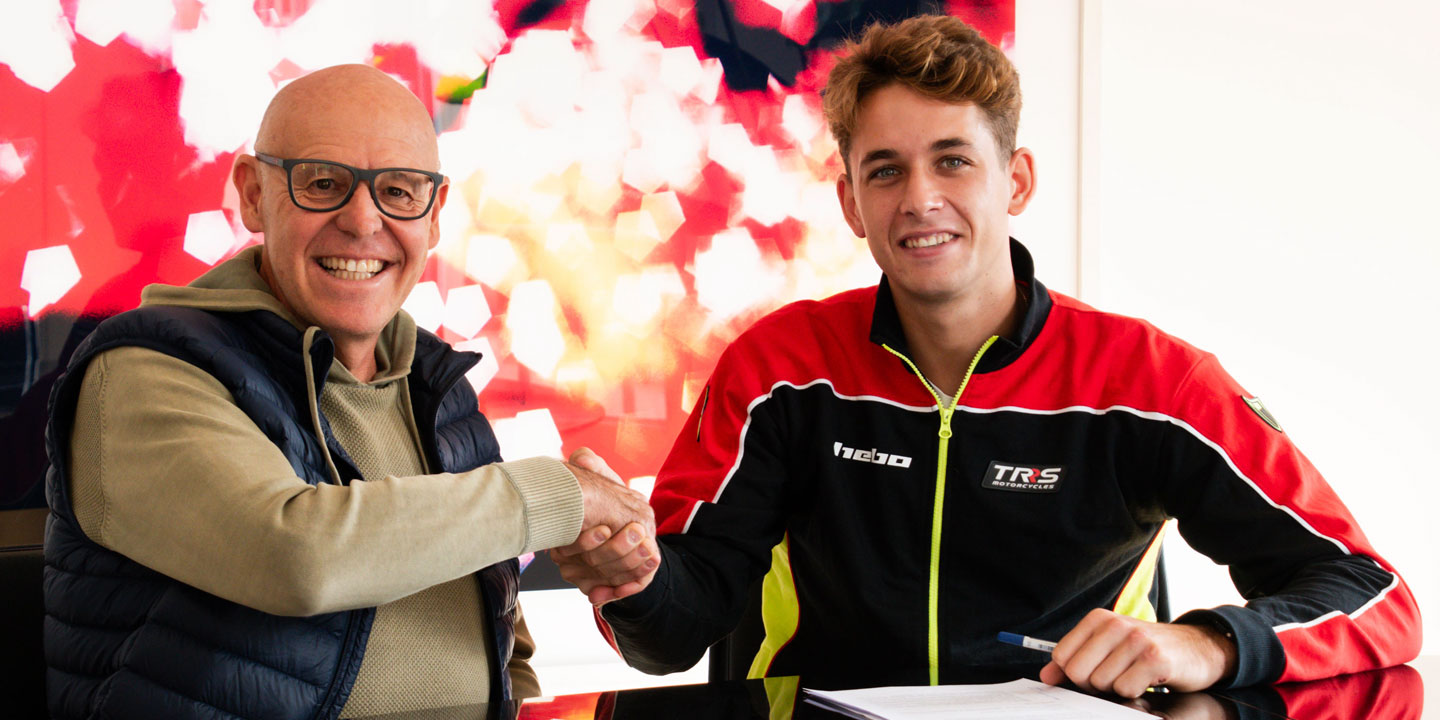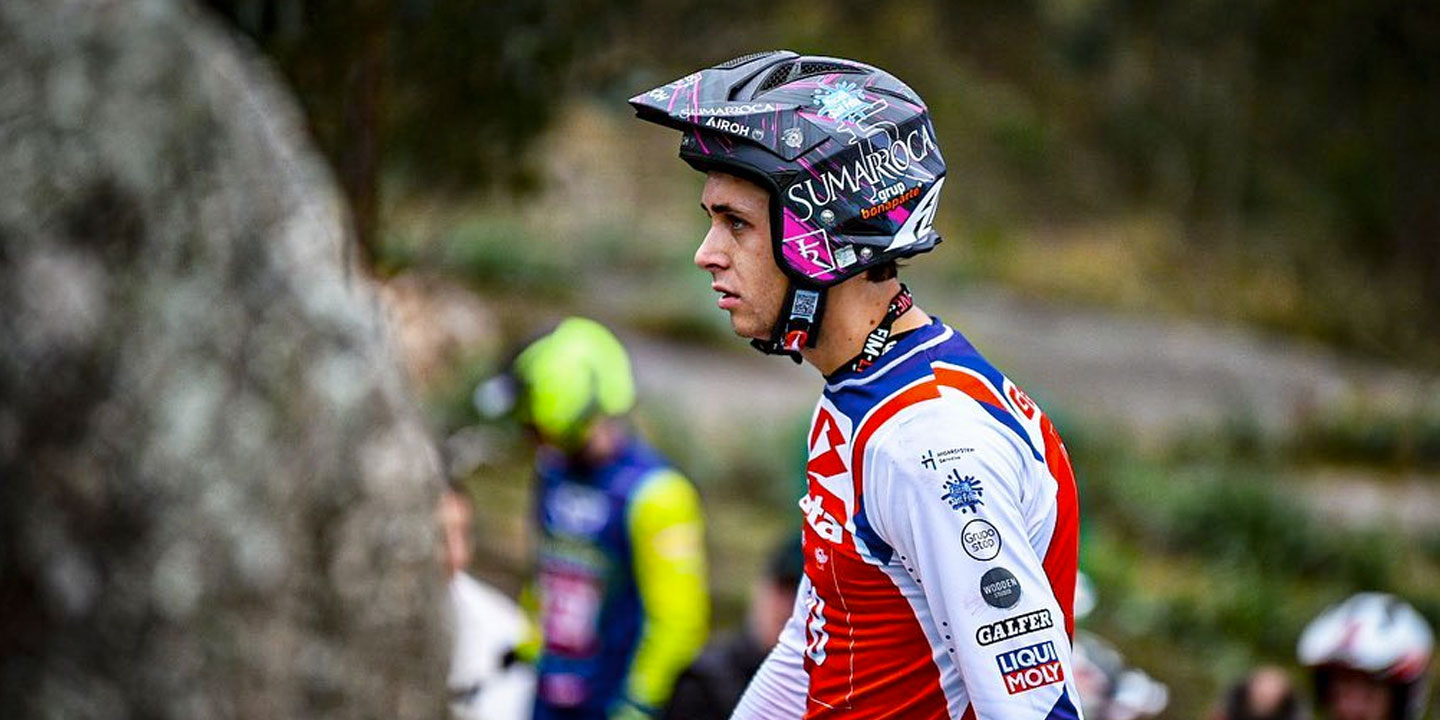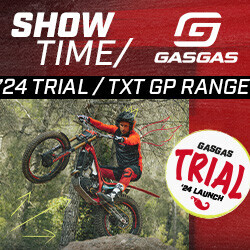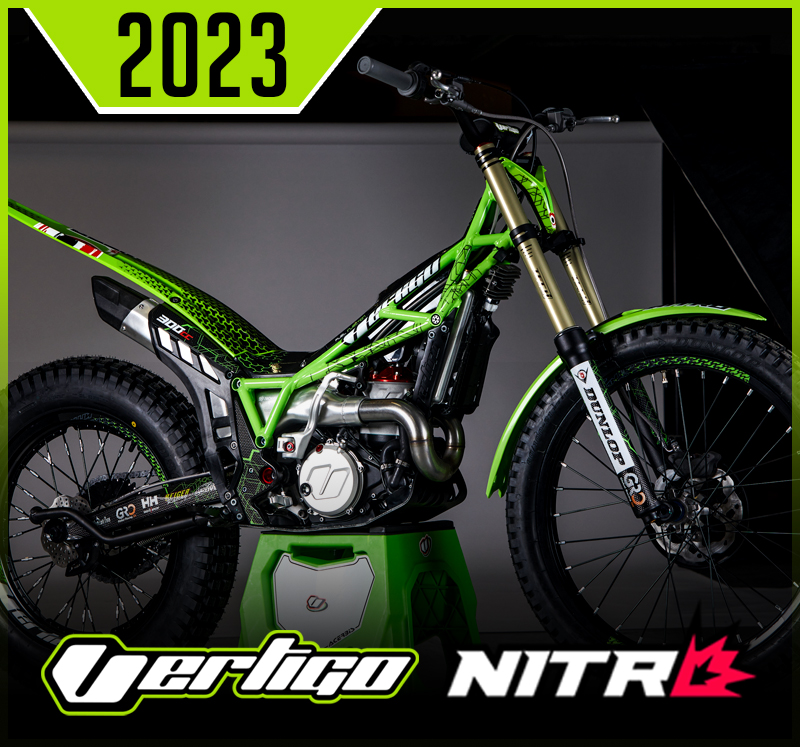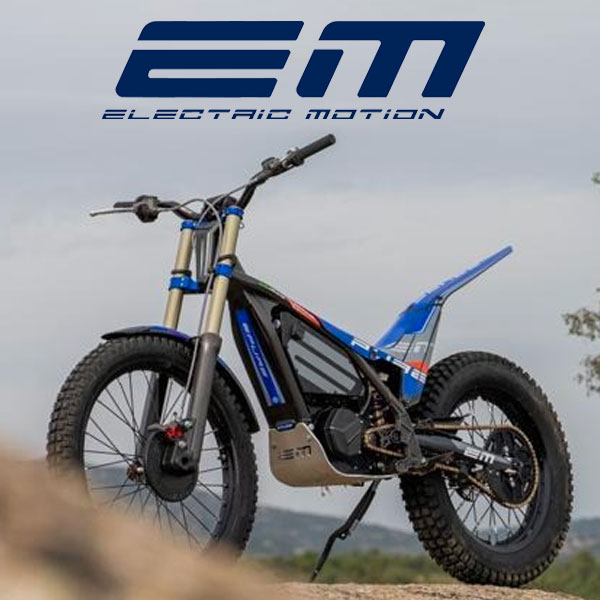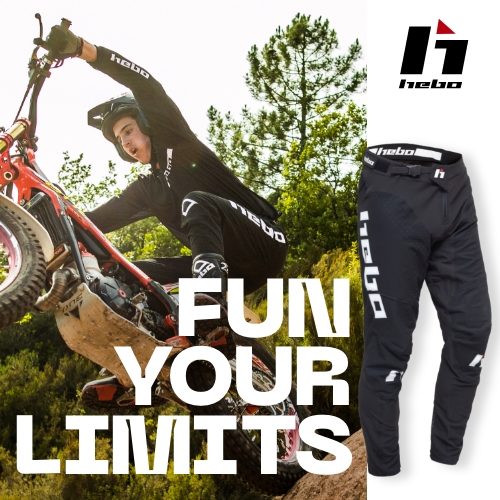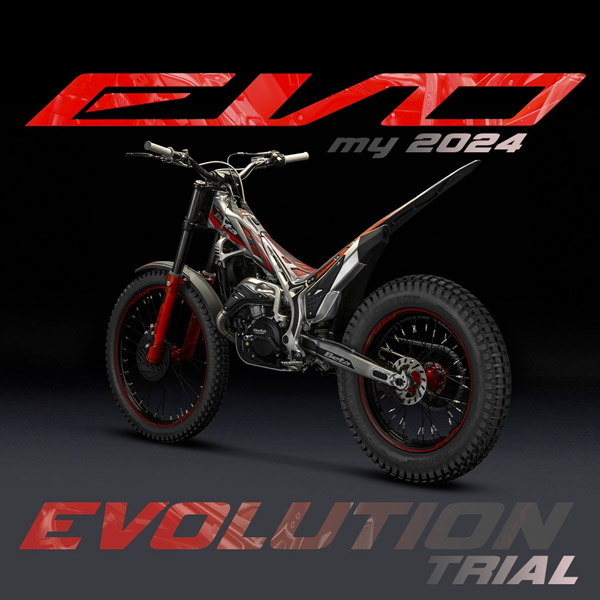
His innate talent for dynamic balance, sound technical judgment and passion for valve engines make him a very interesting figure to meet.
We rescue this interview that we ourselves did in person a few years ago with Eddy, with some really interesting reflections by the Belgian genius.
EDDY LEJEUNE AND HIS PASSION FOR HONDA
Eddy Lejeune was born in a village near Liège, Belgium, on April 4, 1961, in the bosom of a family closely linked to the world of Trial. His father, Jean Lejeune was a distinguished figure of the local motorcycle club, the Royal Dison, through which he fostered the love of Trial in his country, while at the same time he made motorcycles for his sons equipped with Honda engines.
Eddy’s career always had as a reference his brother Jean-Marie, twelve years older than him, with whom he competed during the 1979 and 1980 World Championships. Despite Montesa’s insistence on including him in their ranks, Eddy preferred to remain linked to Honda, where years later he would achieve his greatest successes: in seven seasons he won seven national titles and three world titles – 1982, 83 and 84.
In 1988 Honda retired and Eddy embarked on an adventure with Merlin. Despite achieving a meritorious sixth place in the world championship on the Spanish two-stroke bike, he will end up the following year in the ranks of Montesa, where he will definitely hang up his boots.

Eddy was a pioneer in making the leap from classic riding to today’s riding, astonishing everyone by moving the bike from a standstill and backing up without putting his feet on the ground. Until his arrival, no one had good brakes or fast clutches, but he had an impact on these aspects, initiating a new evolution in trial bikes that would later be perfected by Jordi Tarrés.
INTERVIEW WITH EDDY LEJEUNE
TRIALWORLD:
What has become of Eddy Lejeune since he announced his retirement from racing in 1989?
EDDY LEJEUNE: From the moment of my retirement I cut off all my relationship with the world of Trial. I started to dedicate time to my family: my wife Dominique, my daughter Maude and my son Amaury. My professional work became that of production manager at Plastiflac, a packaging and plastics factory that my father founded in 1957.
In 2003 I got back on a Trial bike after more than ten years, encouraged by my friend Olivier Barjon, to participate in a Classic Trial held in Bilstain, very close to my home.
Since then I have resumed my hobby of racing trials in Belgium, as well as fulfilling one of my great dreams: to open my own motorcycle shop, Domed.
GOING BACK TO THE 1980S
TW:
Was your father’s love of trial and growing up surrounded by four-stroke engines key to your success?
THE: Actually, yes. From a very young age I started watching trials, and when I was five years old I was already trying to imitate them with a bicycle that my father made for me. At the time, however, my brother Jean-Marie was the one who got most of the attention, as he was a great rider and won three national titles in Belgium during the 1970s.
When I started riding motorcycles, my father prepared me
or an XR 75 four-stroke up to 125cc, with which in 1977 I was proclaimed Belgian Champion in the Junior category. Shortly after, Honda Belgium took notice of me and lent me a Honda TL 200, with which in 1979 I had the opportunity to make my debut in the World Championship.

THE: The main reason was because my father loved four-strokes. Since I was a child I was surrounded by Honda engines, back then we had no choice, and it was my father who was in charge of evolving our bikes year after year.
Later Montesa became interested in my brother Jean-Marie, who went on to ride one of his two-stroke bikes. However, the key moment in my sporting career was the signing for Honda, a brand clearly linked to valve engines and which I also knew perfectly.
TW: Did Michelin’s arrival in Trial mark a before and after?
THE: Yes of course. I remember that until 1981 most of the drivers raced on Dunlop or Pirelli tyres. In the middle of this season we realised that something was wrong, we weren’t quite competitive, and all the riders who finished in front of me were wearing the new Michelin Radials.
When I had the opportunity to try them, I understood perfectly everything that had happened that year. What’s more, if you look closely, those Michelin Radials of twenty years ago are still practically identical to the ones used today.
TW: During your ten seasons at Honda, we saw a Lejeune with an unstoppable progression until ’85. What happened next?
THE: The world championship I won in ’84 was the most disputed of all, and seeing the strong competition that existed, Honda made me a new bike with a 360cc engine and monoshock. The new bike arrived late in my hands and I barely had a chance to try it out before the World Championship started.
That bike was a continuous source of problems, especially because of the new geometry of the engine, which lengthened at the front and prevented a clean attack on the steps. In the end, the best solution was to abandon that prototype and focus on a smaller displacement bike, the RTL 250S.
THE CURRENT TRIAL
TW: You were the only Trial World Champion on a four-stroke bike. What do you think about valve engines?
THE: Honestly, last year I thought it was impossible for the four-strokes to match the level of the two-strokes, especially considering the harshness of the sections. Nowadays I think differently, although perhaps a 250cc engine like Honda’s is somewhat limited, for me the ideal would be to have another model with a larger displacement, as it happens in Motocross or Enduro, where we can choose between 450cc or 250cc.
I remember that when Honda retired from the world championship in 1988 I told them: if you want to be World Champions again, you will have to build a 300cc 4-stroke twin-cylinder engine. To which they replied: you’re crazy, that’s very expensive for a Trial bike.
TW: What is your point of view on the serious problem that the dirt bike is going through?
THE: Actually, the contamination problems are not in the Trial. Surely the thousands of people who go to watch a football or tennis match every Sunday pollute more than a group of trial riders enjoying the mountains.
And what about all those cars that pass by on the highway? I have come to the conclusion that this is a political problem, most of them seek popularity at the expense of banning sports in the mountains.
TW:
What bikes do you keep in your garage?
THE: Right now I have a Beta Rev3 and a Montesa 4RT.
TW: If you could choose the two best bikes in history to keep, what would they be?
TW: Who have you considered the greatest driver of all time?
THE: For me it has been Doug Lampkin and Jordi Tarrés. I find it incredible how they have both won so many world titles with two different brands. I’m sure that this year Lampkin is going to be talked about again, I’ve seen his evolution and he just needs a little more consistency.
TW: In short, what do you prefer: classic trial or modern trial?
THE: I don’t like old bikes. It’s like asking: What do you prefer a woman young or old? I always prefer the best, although right now with a good mechanic I could put a classic bike perfectly tuned and do real wonders.
Text: David Quer
